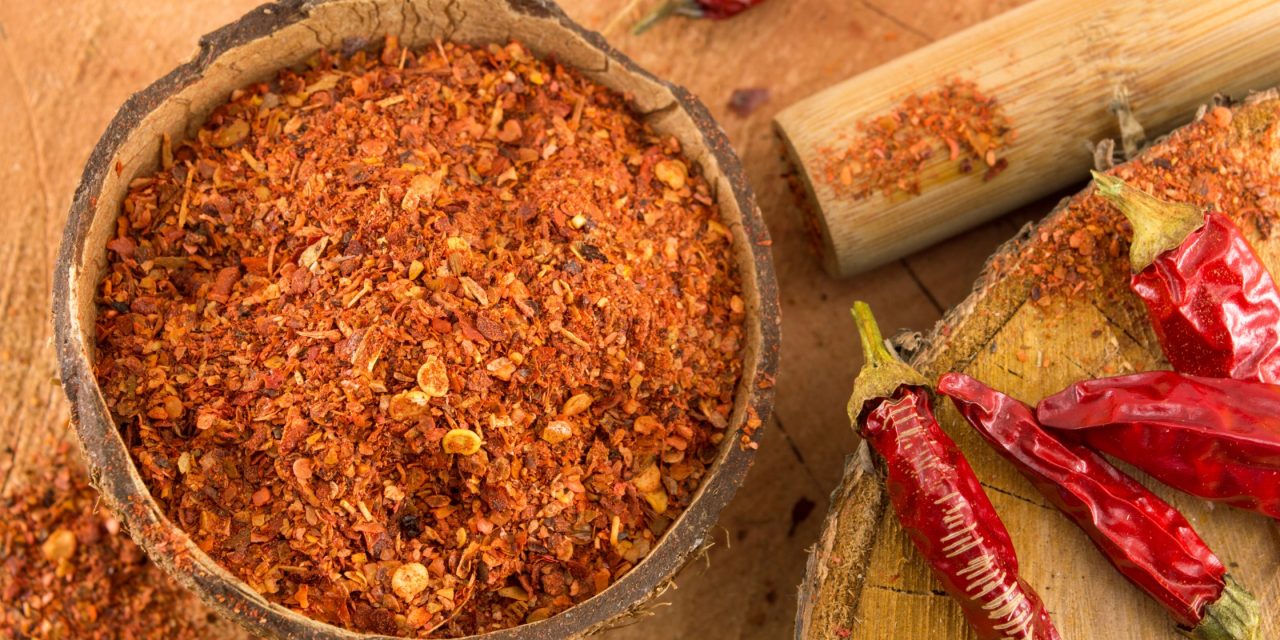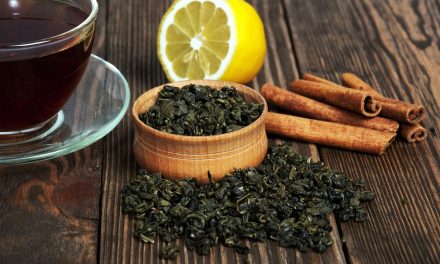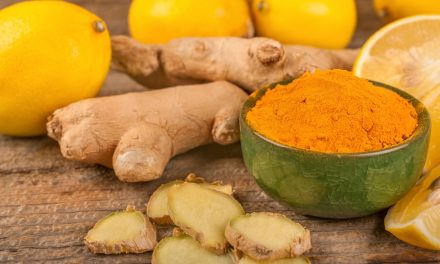Cayenne Pepper Benefits for Enhanced Circulation and Arterial Plaque Reduction
In view of health and vitality, the spotlight is on an incredible red spice renowned for its powerful properties – the Cayenne Pepper. This article will explore how Cayenne Pepper can aid in improving circulation and reducing arterial plaque. Expect a detailed discussion full of enlightening findings on how this potent spice can help unclog arteries, lower bad cholesterol, and raise good cholesterol.
As we progress into the heart of the matter, we shall also touch upon the role of Cayenne Pepper in boosting metabolism, fighting free radicals, and its impact on various health conditions. This piece aims to enlighten readers on how to incorporate this extraordinary spice into their everyday diet to reap its extensive benefits. From the perspective of renowned expert Dr. Mandell, we will delve deep into valuable insights on how cayenne pepper can influence arterial health.
Overview of Clogged Arteries and the Role of Cayenne Pepper
Every journey begins with understanding the basics. Let’s start by exploring clogged arteries and cayenne pepper’s role in your cardiovascular health.
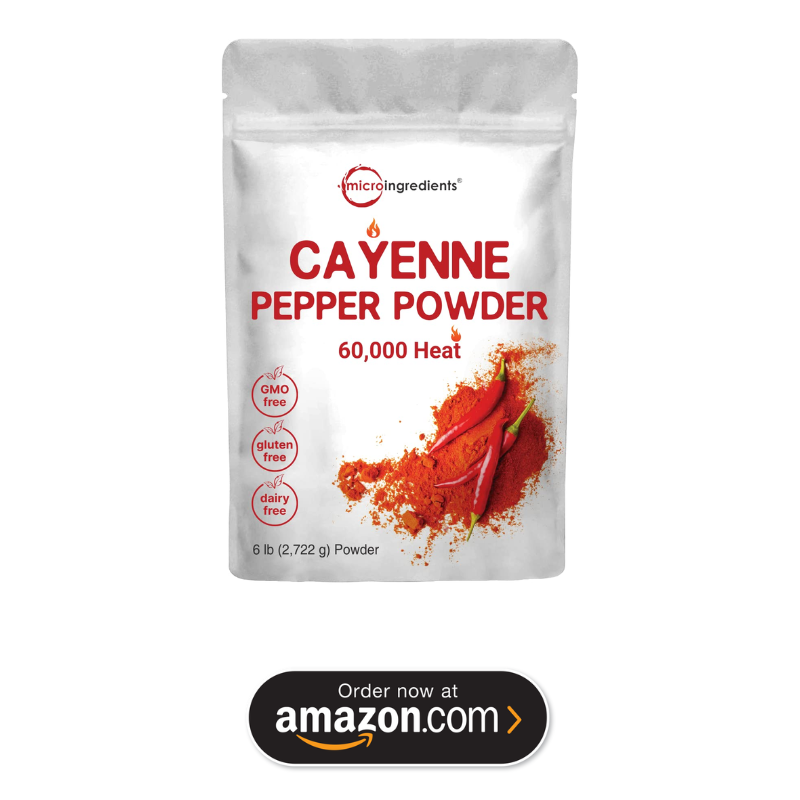
What are clogged arteries?
Clogged arteries, also known as atherosclerosis, are a condition where fatty deposits, called plaque, build up and harden in your arteries, narrowing their inner walls. This restricts the flow of blood, and when left unchecked, it can lead to serious heart problems such as heart attacks and strokes.
The role of plaque in clogged arteries
Plaques play a pivotal role in causing clogged arteries. It’s like a traffic jam in your blood vessels, except the vehicles are made of fat, cholesterol, and other substances. Over time, this buildup hardens and narrows your arteries. Lack of regular ‘traffic control’ can lead to severe repercussions, like cardiovascular diseases.
Introduction to cayenne pepper
Here’s where the star of our story steps in — cayenne pepper. This spice, adored by many for its heat, is a chili pepper, a member of the Capsicum family. Not only does it hold the potential to spice up your food, but it may also help support your heart health. How, you wonder? Let’s find out.
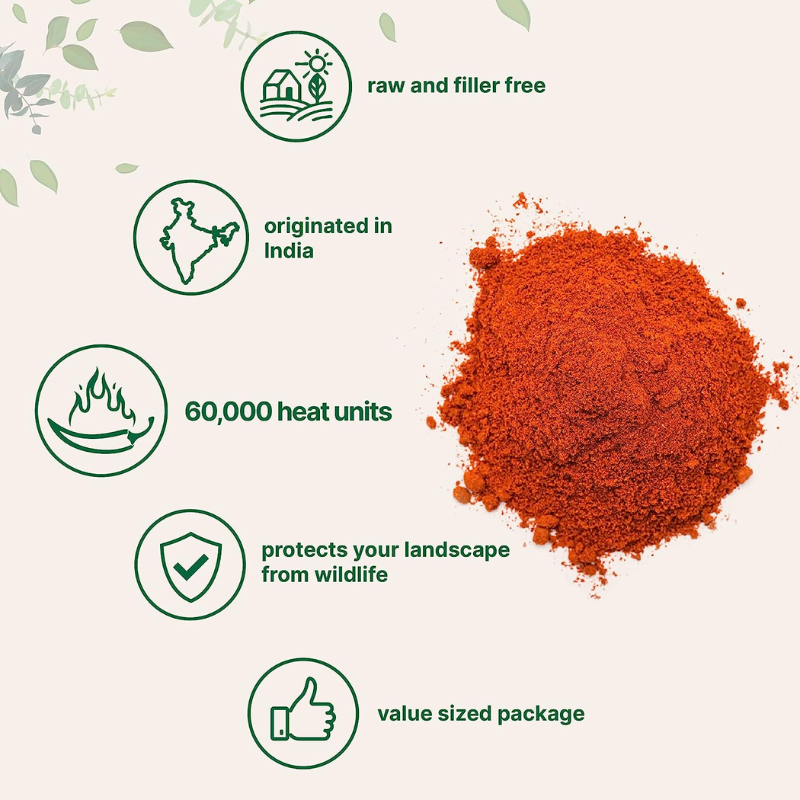
Benefits of Cayenne Pepper in Boosting Circulation
Cayenne pepper is more than just a tantalizing spice. Its effectiveness reaches beyond the kitchen and into your arteries and veins.
Vasodilation and improved blood flow
The presence of a compound called capsaicin in cayenne pepper can cause vasodilation, an effect that widens the blood vessels. This widened highway allows for improved blood flow throughout your body.
Relaxation of blood vessel muscles
Besides being a ‘highway-broadening’ agent, capsaicin can also function as a ‘traffic controller.’ It allows the muscles around your blood vessels to relax, creating smoother traffic for blood cells and helping to maintain healthy blood pressure.
Increased circulation in the arteries and veins
The improved blood flow and relaxed blood vessel muscles result in overall increased circulation in your arteries and veins, ensuring every part of your body gets the necessary nutrients it needs to function properly.
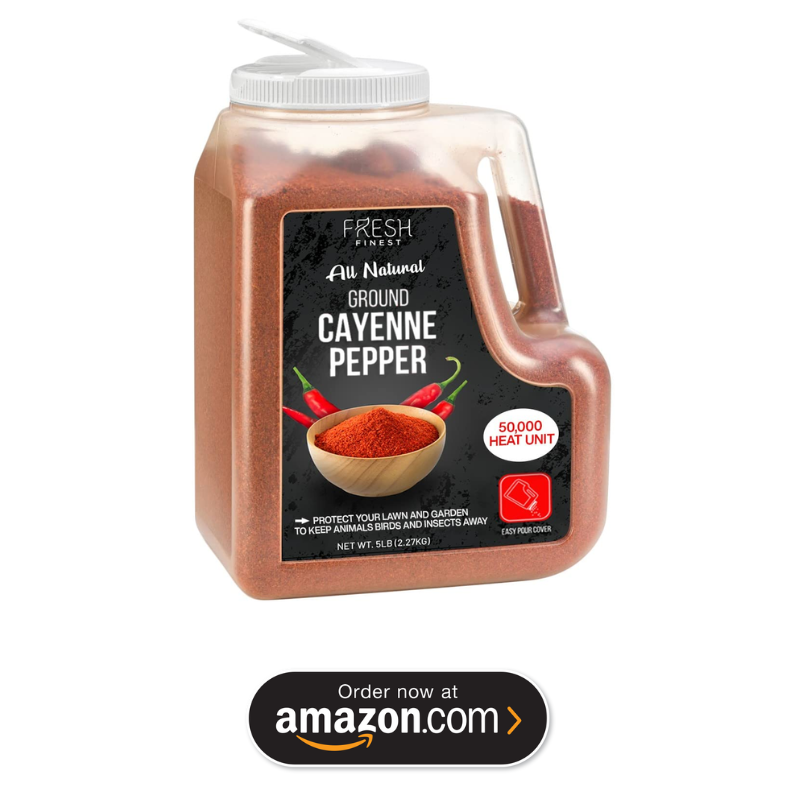
Reducing Arterial Plaque with Cayenne Pepper
Atherosclerosis is no laughing matter, but that’s where the potential benefits of cayenne pepper come in.
The link between arterial plaque and heart disease
Plaque buildup in your arteries is a primary cause of heart disease. It can cause your arteries to harden and narrow, leading to limited blood flow to your heart. Insufficient blood flow can cause chest pain, heart attacks, and even death.
Effects of cayenne pepper on reducing plaque
Capsaicin, the active component in cayenne pepper, may contribute to reducing arterial plaque. The compound has anti-oxidant and anti-inflammatory properties, which can combat the onset of atherosclerosis or plaque buildup.
Importance of reducing plaque buildup in arteries
Reduction in plaque buildup means more room for blood to flow and less possibility of a clot blocking the passage. It essentially reduces the risk of heart attack and stroke, both of which can be life-threatening.

Research on the Effects of Cayenne Pepper
Science has not turned a blind eye to the potential of cayenne pepper either, with many studies conducted to investigate its effects.
Studies on cayenne pepper and circulation
Several studies have pointed toward cayenne pepper’s ability to enhance circulation. Capsaicin’s role in vasodilation and relaxation of blood vessel muscles is key to improving blood flow.
Research on cayenne pepper and arterial plaque reduction
Findings from various research studies suggest that the capsaicin in cayenne pepper may positively reduce arterial plaque, contributing to overall heart health.
Scientific evidence supporting the benefits of cayenne pepper
While there is still much to uncover, current scientific evidence does support many of the benefits of cayenne pepper, including improved circulation and potential plaque reduction.
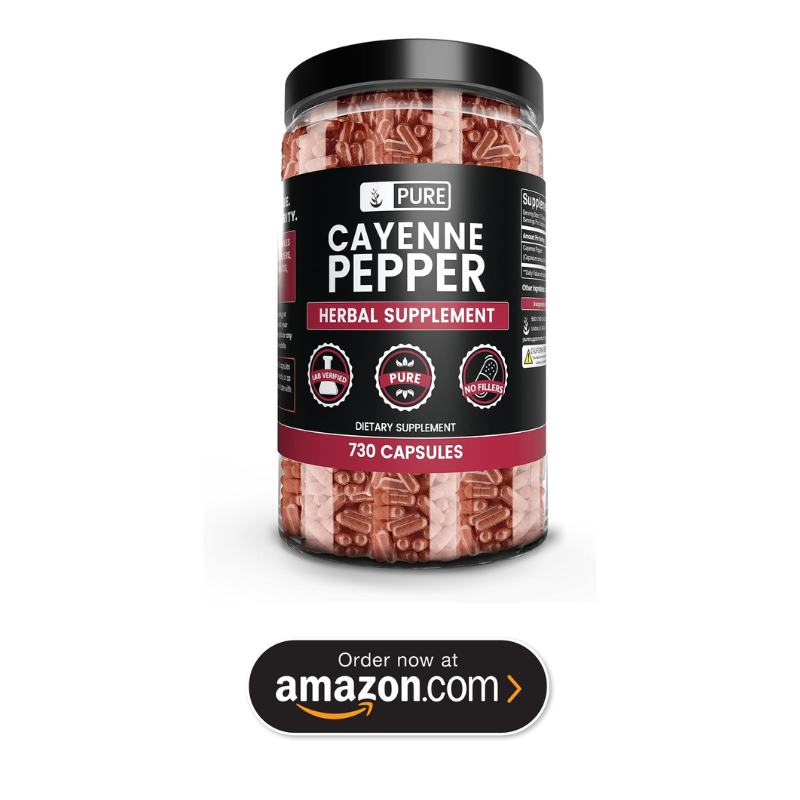
Other Health Benefits of Cayenne Pepper
Cayenne pepper comes packed with a plethora of health benefits beyond boosting circulation and aiding in the reduction of arterial plaque.
Pain relief and management
Capsaicin is widely recognized in the medical world as a natural pain reliever. Applied topically or consumed, it helps manage various types of pain, from headaches to arthritis.
Weight loss and metabolic rate
The heat from cayenne pepper can help kick your metabolism into high gear, aiding in weight loss. It can also act as a natural appetite suppressant, helping you control those snack cravings.
Anti-inflammatory properties
Its anti-inflammatory properties make cayenne pepper a potentially beneficial dietary addition, particularly for those with chronic inflammatory conditions.
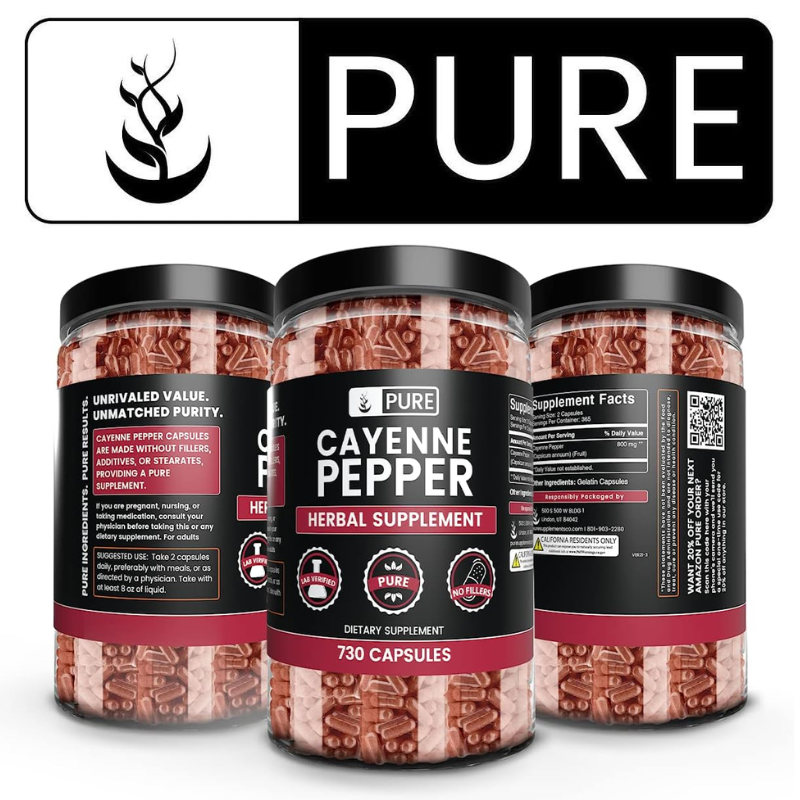
Using Cayenne Pepper in Your Diet
So, you’re interested in adding a dash of spice to your diet to reap these benefits?
Adding cayenne pepper to meals and recipes
Cayenne pepper is a versatile spice. You can sprinkle it in your soups, stir it into your sauces, or mix it into your marinades – the options are endless!
Recommended dosage and frequency
While there is no ‘one-size-fits-all’ dosage, most experts recommend starting with a small amount (like a quarter of a teaspoon) and slowly increasing as your palate becomes accustomed to the heat.
Precautions and potential side effects
Like most things in life, moderation is essential. Consuming too much cayenne pepper can cause stomach upset and other discomforts. It’s always a good idea to speak with a healthcare professional before making significant changes to your diet.
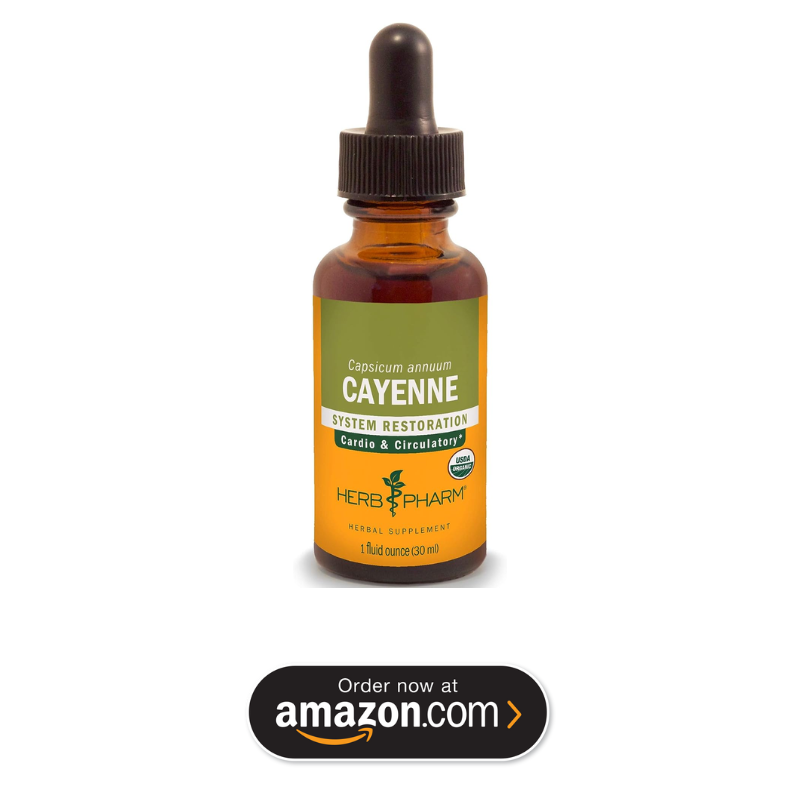
Additional Considerations for Individuals with Certain Conditions
Though cayenne pepper is generally safe for most, there are some specific considerations for individuals with certain conditions.
Digestive issues and ulcers
If you have a history of digestive issues or ulcers, consuming spicy food, including cayenne pepper, may potentially cause discomfort or exacerbate symptoms.
Interactions with blood thinners
Capsaicin has mild blood-thinning properties. If you are on existing blood thinning medication, it’s wise to consult with your healthcare provider before adding cayenne pepper to your diet.
Specific concerns for individuals with cardiovascular disease
While cayenne pepper is generally beneficial for cardiovascular health, too much of it may be harmful, particularly for individuals with certain types of heart disease. Always talk to your cardiologist before bringing in any changes to your diet.
Incorporating Cayenne Pepper into a Healthy Lifestyle
In addition to including cayenne pepper in your diet, a few other tweaks to your lifestyle can help enhance its benefits.
Combining cayenne pepper with a balanced diet
A balanced diet rich in fruits, vegetables, lean proteins, and whole grains can complement cayenne pepper’s benefits. Remember the age-old saying, “You are what you eat.”
Regular exercise and physical activity
Besides diet, regular physical activity is crucial for optimal circulatory and heart health. Whether it’s a brisk walk, yoga, or a gym session, pick what suits you the best and stick with it.
Other lifestyle factors for cardiovascular health
Stress management, sufficient sleep, regular health checkups, and avoiding smoking and excessive alcohol consumption are other lifestyle factors to consider in maintaining superior cardiovascular health.
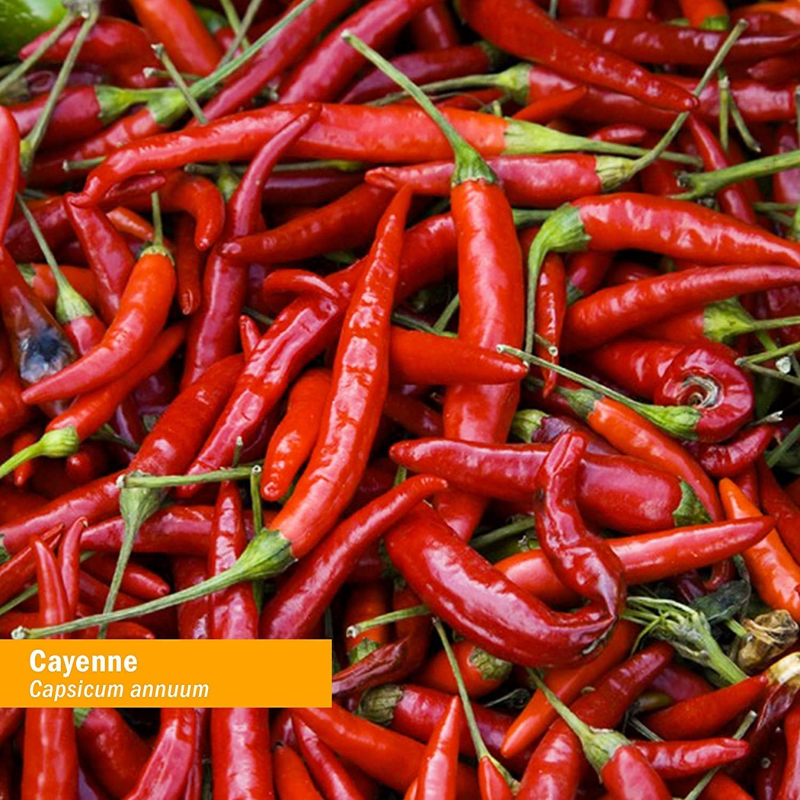
Tips for Purchasing and Storing Cayenne Pepper
Ready to stock up your spice rack with cayenne pepper?
Choosing high-quality cayenne pepper
Quality matters when it comes to cayenne pepper. Look for a reputable brand with simple and natural ingredients without additives or preservatives.
Proper storage to maintain potency
Store your cayenne pepper in an airtight container in a cool, dark place to maintain its color, flavor, and potency.
Alternative forms of cayenne pepper
If the spice form doesn’t appeal to you, don’t worry; cayenne pepper is also available in capsule form in the dietary supplements section of health food stores.
Our Last Word on Cayenne Peppers for Health
From maintaining circulation to reducing arterial plaque, the benefits of cayenne pepper are truly impressive. However, it’s not a magic bullet. Incorporating this powerful spice into a balanced diet and a healthy lifestyle can potentially work wonders for your heart health. In sum, while cayenne pepper may not be the sole solution to all your heart concerns, it is indeed an ingredient worth considering. As always, consult with your healthcare provider before making any significant changes to your diet or lifestyle. After all, it’s all about balance and taking a holistic approach to health!

